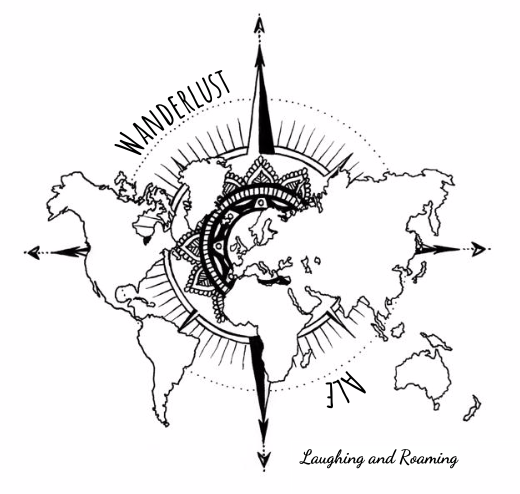*This article has been written in January 2019. Since that date, many things might have happened which is not mentioned there.

Towards independence
Despite some independence movements, Brazil became ” popular ” when the Portuguese royal family arrived in the country in 1808. As a result of this and the economic boom, many foreigners, mainly Europeans, immigrated to what they called “the new world”. A year after the return of the royal court to the country, the king’s son proclaimed the country’s independence and was crowned emperor in 1822. Without bloodshed, the transfer of power was easy but left slavery behind, which was in contrast to the reputedly liberal regime of the time. Slavery was abolished definitively many years later in 1888.
Subsequently, the republic was proclaimed in 1889. From these years onwards, a great deal of political and cultural change followed (a period of industrialisation and nationalism, but also of foreign modernist movements), which reinforced social inequalities.
… Continue reading